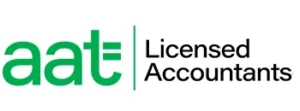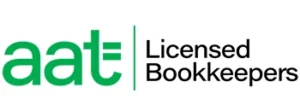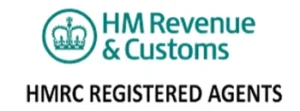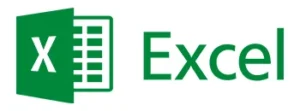WHY SEPERA ACCOUNTING?
The UK’s leading accountants with over 30 years of experience helping businesses grow and training future accountants at
Sepera College
Merry Christmas!
For Christmas and New Year, our offices will be closed from 22st of December 2025 re-open on Monday 5th of January 2026.
On the occasion of the upcoming Christmas holidays, Sepera Accounting sends best wishes to everyone. May Christmas bring you peace, and the New Year open doors to new possibilities and adventures. We believe that the coming year will be filled with success, joy and personal development. Merry Christmas!
Let’s talk about your accounts
Get in touch with us
"*" indicates required fields





















Professional Accounting & Business Services
We are officially authorised by UK authorities, and our clients data is 100% safe and protected.
Meet Our Team

Malgorzata Plutecka
Managing Director

Ilona Jawor
Accountant

Angelika Figura
Accountant

Ewelina Omasta
Accountant

Joanna Przydacz
Accountant

Magdalena Kowalczyk
Accountant

Lucy Smith
Compliance Officer

Michal Woszczyk
IT Support / Web Developer
I've only just started the course, but I'm already very happy. Ms. Ewelina explained everything very well. Thank you again, and I highly recommend it.
I highly recommend Sepera College to anyone who wants to start their adventure with AAT. Professional approach, wonderful teacher. High level of learning.
Excellent people. Very high level of learning.
I would like to thank Sepera College for the excellent course preparation. Ms. Dorota for the excellent lectures and knowledge she imparted. And Ms. Wiolia for her kind and professional supervision during the exams.
I am glad I found Sepera College. This is great opportunity for us, Polish people to become an accountant in UK. Sepera College has got great teachers. If you are looking for place where you can change your skills or learn more, you should choose Sepera College.
Really impressed with the course and learning journey I embarked on. The quality of teaching is excellent value for money and really helped my understanding of the subjects I once found difficult
I have done 2 courses with Sepera now and they have been outstanding and accommodating. I chose to do my last course online and the tutor Jas is excellent and helpful. He explains everything really well. I'm just waiting to sit my exams remotely. Sepera is also really good in communicating with its students and always willing to help. I definitely recommend them.
Sepera College is a friendly place for those willing to learn accounting. It has attractive course prices as well as discounts on exams for Sepera club members. Webinars are very practical, you can learn from the comfort of your home without having to travel to classes. Particular mention should go to Mrs. Dorota, who tries very hard to present the material in an understandable way. It draws attention to the tasks that will definitely be on the exam, explains them in detail and discusses the tricky ones. Administration also at a high level. Mrs. Małgosia and Ewelina answer all questions and dispel any doubts. I highly recommend.
A university that welcomes those interested in learning accounting, with very attractive prices for courses and study materials. Exam discounts for Sepery Club members. Competent teachers are happy to answer questions and concerns, even outside of office hours. Accounting is explained in a clear and easy-to-understand manner, even for those with no previous experience. The same applies to the examination center. Friendly staff create a welcoming atmosphere, and the small examination room allows for better concentration.
Sepera College is a unique project. The College is run by professionals with great empathy. The friendly staff is always at the students' disposal. Thanks to these special people, the intricacies of accounting began to illuminate my brain. I'm a humanist and I'm surprised that it's slowly dawning on me. Thank you very much for being here, I recommend it, there is no need to hesitate, just report it.
I am very pleased with my choice of accounting course at Sepera College. There is a lot of material, I started at level 3 and I was afraid I wouldn't be able to cope, but Mrs. Dorota is a wonderful teacher, she explains everything slowly and thoroughly until everyone understands the topic. We are only finishing the first module of the course and I can already see a lot of progress in knowledge. I heartily recommend it to anyone who is still hesitating whether to choose Sepera College 😊
I took on this challenge despite my poor English skills. The lecturers are precise, thorough, and perfect, and the self-study materials they prepared are comprehensive, thorough, and very helpful. I can count on the help of every Sepera College employee. My English skills have improved significantly. I am extremely satisfied and would wholeheartedly recommend studying at Sepera College. Agnieszka


